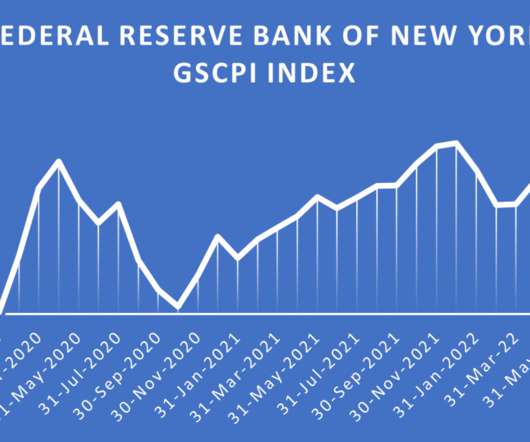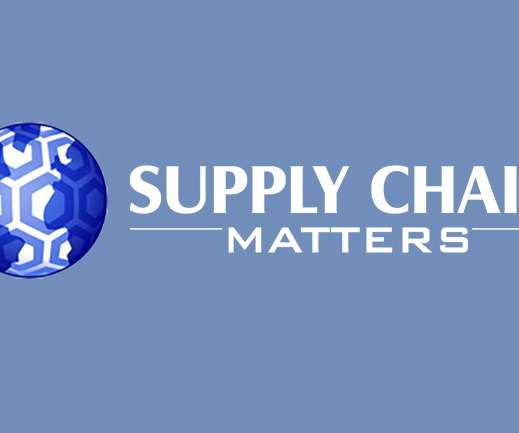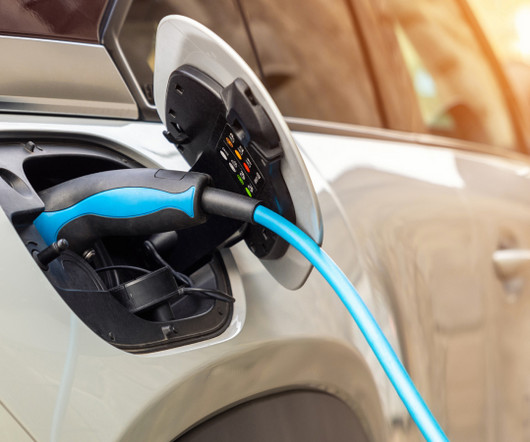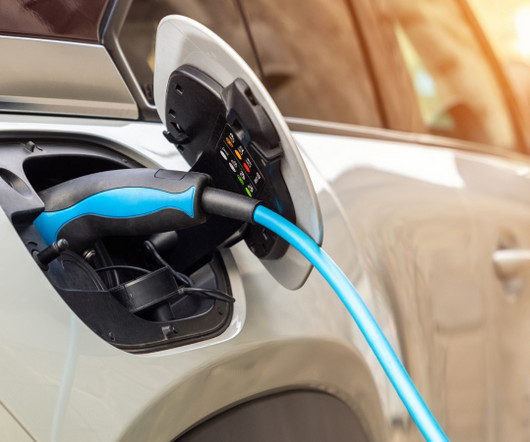Reports of Easing Global Supply Chain Volatility in July
Supply Chain Matters
AUGUST 8, 2022
Supply Chain Matters highlights two additional indices of global and US supply chain volatility relative to July 2022 global supply chain activity levels. Global Supply Chain Pressure Index. This index was reported as 1.84 reported for June, and 2.59 reported for May.
















Let's personalize your content